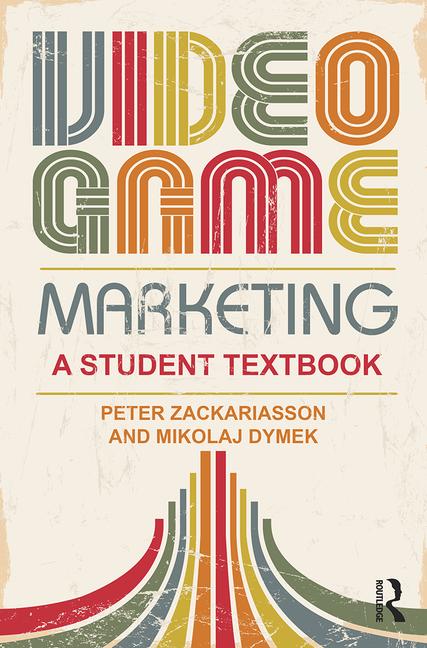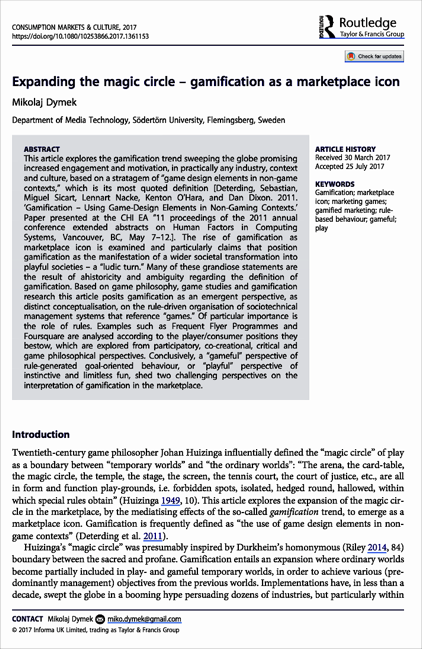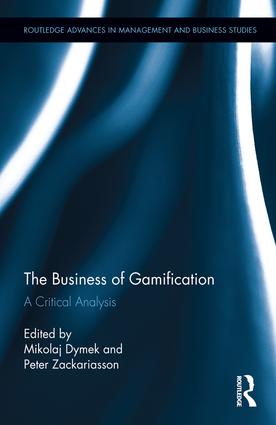Video game marketing – A student textbook
- Zackariasson, P., & Dymek, M. (2016). Video Game Marketing: A Student Textbook. Routledge
The game industry is well on its way of becoming one of the world’s biggest cultural and entertainment industries in terms of turn-over. Sweden and the Nordics is a world-leading region, which is not only reflected in remarkably many and extremely successful game developers, but also by many game developer education programmes at university level.
The game medium has many years ago left its roots in the “teenage room” behind, and is now played by a broad spectrum of gamers of all ages on practically any electronic device with a display – on computers, game consoles, mobile phones, tablets, all connected via social media.
Despite the fact that the world of video games is one of the world’s most technologically intensive industries that creates one of the most consumer engaging products on the planet, the actual knowledge of its marketing is virtually non-existent. A very select limited few percent of all video game launches have respectable sales number, an even smaller percentage generates profit. The few hit games that succeed become metaphorical super stars that absorb all the splendour in an endless, and invisible, burial ground of commercial video game failures.
This book, which targets game development students, wants to change this state by acknowledging the basic premises of the marketing field – successful marketing starts before a product has been developed, and constitutes a guiding star throughout the entire development process all the way to product launch – and well beyond that. Marketing is not only about the sales strategy of a finished product (selling “pigs in a poke”), but constitutes a fundamental dimension in all successful product development and strategy. This book aims to help game development students to realise their vision of successful video games – not only technologically, but on all other levels.




